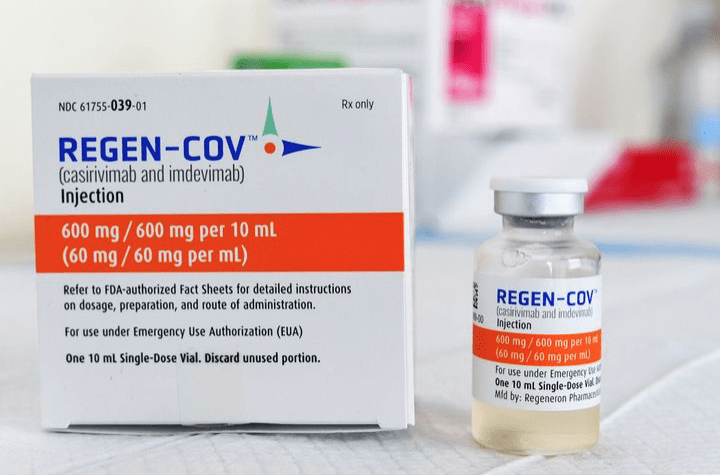Check out the story by the UW Medicine Newsroom here.

Check out the story by the UW Medicine Newsroom here.

“It was my pleasure to lecture about mRNA and DNA vaccines at the ACVIM Forum 2023” -Dr. Fuller
Read more about Dr. Fuller’s lecture at ACVIM Forum 2023 here.
Although most experts say bird flu is not an immediate threat to humans, efforts are underway to produce vaccines for H5N1 or another potential pandemic virus.
“RNA vaccines can be designed extremely quickly—you only need the genetic sequence of what the new variant is that’s emerging, and within weeks, [you] can have a vaccine already tested in animal models,” Fuller says.
Read more in the Scientific American
How do you make a universal flu vaccine? A microbiologist explains the challenges, and how mRNA could offer a promising solution
Read Dr. Fuller’s piece in The Conversation.
Read what Dr. Fuller has to say on CNBC.
Dr. Fuller, along with NAU, have received a received a funding for a groundbreaking project that they hope will result in a safe and effective vaccine for Valley Fever.
Fuller says a self-amplifying mRNA COVID-19 vaccine ideally would replace the two primary doses, giving it an even clearer benefit over its conventional relatives. A booster months later might still be warranted, as is encouraged now for the current mRNA vaccines. But self-amplifying mRNAs could also lead to more durable immune responses, Fuller suggests.
Read more in Science.
Dr. Fuller in FOX13: Health experts and LGBTQI+ leaders raise awareness on monkeypox to prevent stigmatization
Dr. Fuller in the Seattle Times: Monkeypox in the COVID era: Here are the key differences between the viruses.
If the omicron variant of the coronavirus is different enough from the original variant, it’s possible that existing vaccines won’t be as effective as they have been. If so, it’s likely that companies will need to update their vaccines to better fight omicron. Deborah Fuller is a microbiologist who has been studying mRNA and DNA vaccines for over two decades. Here she explains why vaccines might need to be updated and what that process would look like.
Read more in the The Conversation and the Seattle Times.
Millions of Americans are eligible to get the treatment, but not enough know they qualify — and not all three options appear to work on omicron cases.
